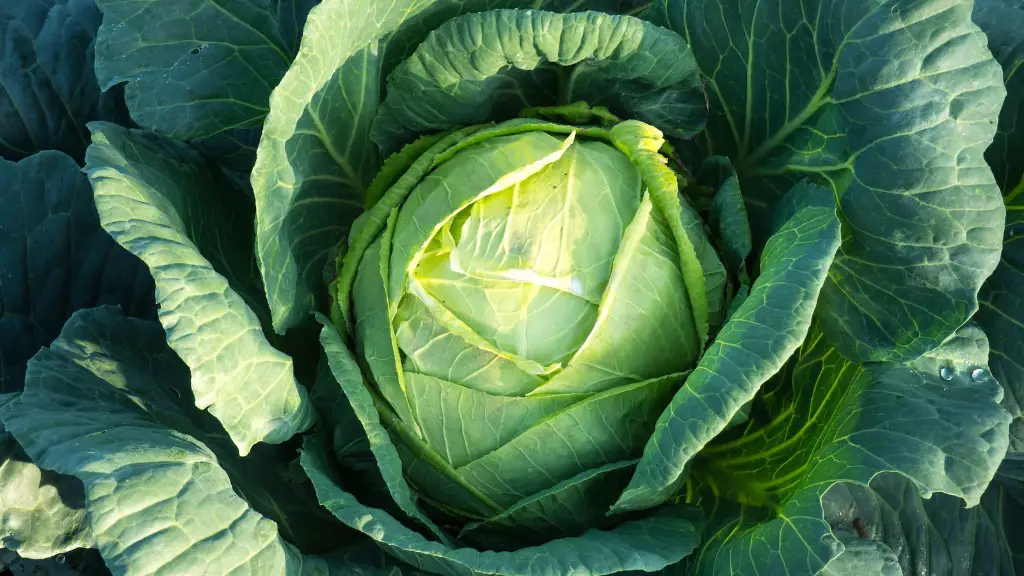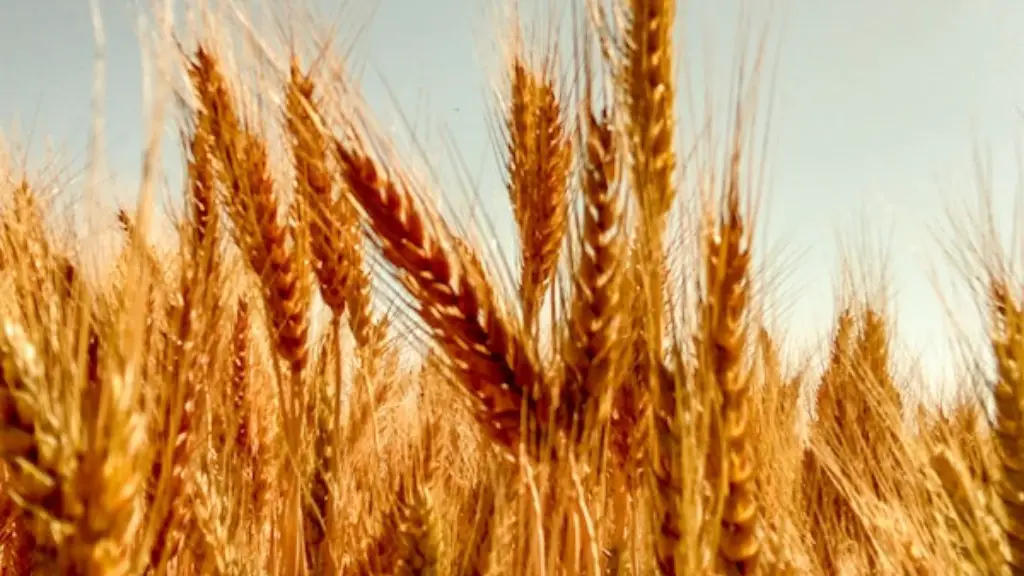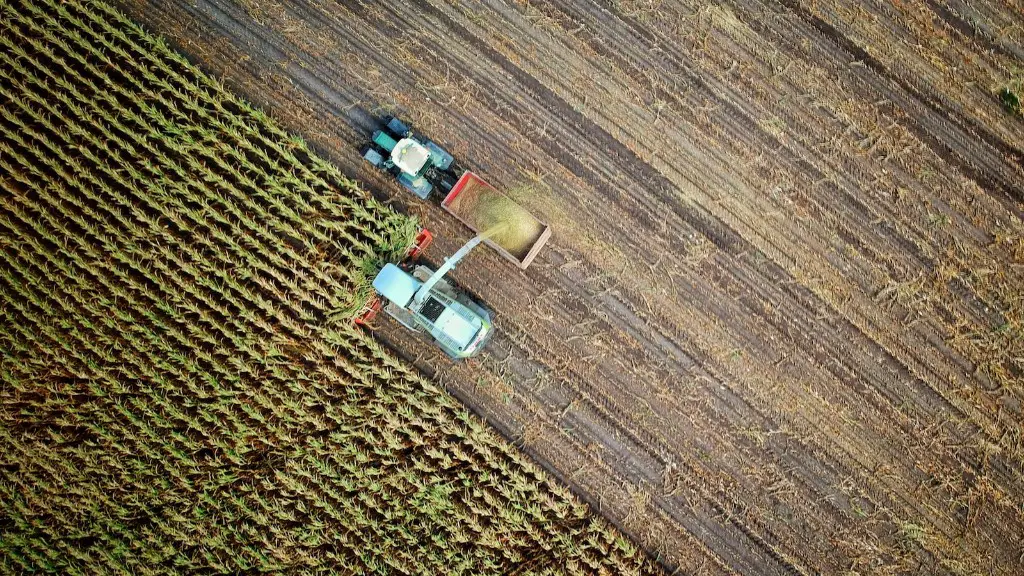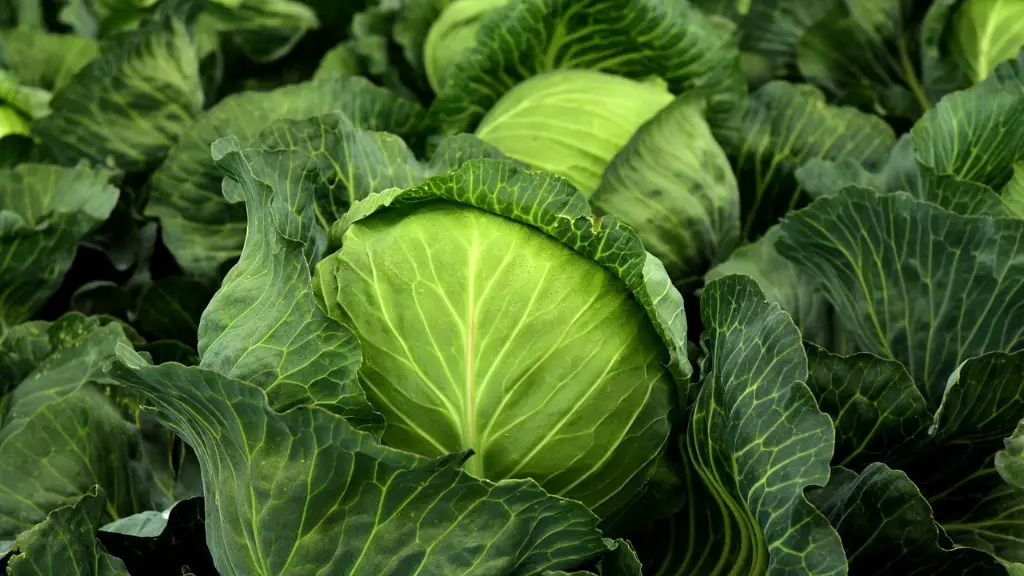Organic agriculture is becoming increasingly important to human health and the environment. In order to protect our food supply, cut back on toxic pesticides and chemicals, and address issues of climate change, it is essential that we shift to more sustainable ways of farming. There are numerous reasons why organic agriculture is important, and each deserves further exploration.
One of the most significant advantages of organic agriculture is its positive health impacts. Conventional farming methods, which rely heavily on chemical pesticides, can create risks for farmers, consumers, and the environment. Organic agriculture eliminates the need for these chemicals and thus reduces the risk of both short-term illness and long-term problems associated with exposure. Additionally, organic farming typically produces food that has higher levels of vitamins, minerals, and antioxidants than food produced through conventional methods.
Another important element of organic agriculture is its contribution to tackling climate change. By reducing the use of chemical pesticides and relying instead on natural practices such as crop rotation, organic agriculture encourages soil fertility and healthy biodiversity. This leads to healthier and more productive soils, which sequester carbon dioxide and other important elements, while at the same time helping farmers cope with climate change, including reduced yields and increased temperatures.
Organic agriculture is also important for promoting animal welfare and biodiversity. By minimizing the use of harmful chemicals, organic farming creates an environment that is more hospitable for wildlife. In addition, organic agriculture creates more diverse habitats and encourages the growth of beneficial plants and organisms, which can help control pests and limit the need for synthetic chemicals.
Organic agriculture is also important for local economies. By reducing inputs from synthetic chemicals, farmers can also reduce their own costs, allowing them to reinvest in their businesses. This means more money for the farm and its employees, as well as more money circulating within the local economy.
Sustainable Farming Practices
Organic agriculture relies heavily on the use of sustainable farming practices such as crop rotation, cover crops, and compost. These practices help to build soil fertility and encourage natural biodiversity, which are both essential elements of a healthy agricultural system. Crop rotation, for example, helps to prevent the buildup of pests and diseases and allows farmers to grow a greater variety of crops. Cover crops help to reduce soil erosion, while compost helps to restore soil fertility and improve water retention.
By using these sustainable practices, organic farmers create a system of soil management and biodiversity that is better for the environment and for their own livelihoods. This is part of a larger movement towards more sustainable ways of farming that is essential for future generations.
Global Trade
Organic agriculture has significant implications for global trade. The growing demand for organic foods from all around the world has created opportunities for farmers and producers to access new markets and expand their reach. As organic agriculture becomes more respected and accepted, more countries are likely to invest in developing organic trade policies and certifications, which can benefit farmers, processors, and other stakeholders.
Organic agriculture is also important for global trade because it helps to reduce the use of harmful chemicals and can improve the health of the local environment. When conventional farming practices are replaced with organic methods, the amount of pesticides and other chemicals used decreases, leading to better air and water quality. This helps to create more livable environments for humans and wildlife.
It is also important to note that organic agriculture can help to promote economic prosperity through improved agricultural production. By relying on natural practices to build healthier soils and promote biodiversity, organic farmers are able to increase their yields and reduce their expenses, thus boosting their profits and enabling them to reinvest their money into their business and local communities.
Marketing & Distribution
Organic agriculture also has important implications for the marketing and distribution of organic products. Since organic agriculture is still a fairly new concept, more focused marketing and distribution channels are needed in order to connect producers with consumers. This includes the development of new markets and distribution channels that allow for the quick and efficient transport of organic products from producers to consumers.
In addition, more marketing tools and techniques need to be developed that target specific consumer segments, such as those interested in buying sustainable food. Additionally, more efforts need to be made to educate consumers on the benefits of organic food, such as its health benefits and its contribution to tackling climate change.
Finally, the most important aspect of marketing and distributing organic products is the creation of more opportunities for collaboration between producers, distributors, and retailers. This will help to streamline the process of delivering organic products to the consumer, while also ensuring that producers are able to get a fair price for their products.
Organic Standards & Certification
In order to ensure that organic agriculture is sustainable and effective, it is essential that organic farmers follow certain standards and protocols. This includes following organic farming practices, such as crop rotation and avoiding the use of synthetic chemicals. Additionally, organic farmers need to make sure that their products meet specific standards, such as those set by the United States Department of Agriculture and the European Union.
Organic certification is also an important element of organic agriculture. Certification is a way of verifying that a product meets specific standards and is produced in an environment that adheres to the standards of the organic movement. It is also a way of creating trust between the producer, the consumer, and the government. In order for a product to be certified organic, it must meet certain criteria, such as avoiding the use of synthetic chemicals and ensuring responsible resource management.
In order for organic agriculture to continue to be successful, it is essential that farmers adhere to certain standards and protocols. This includes the use of sustainable farming practices such as crop rotation, cover crops, and compost. It also involves following organic certification protocols and standards. Doing so will help to ensure that organic agriculture is able to contribute to healthy, sustainable food systems and help to tackle climate change.
Consumer Education & Awareness
Organic agriculture is only effective if consumers understand the meaning of and value of organic food. This means that in addition to marketing and distribution, purposeful efforts must be made to educate consumers on the benefits of organic agriculture and why they should choose organic products. This involves informing consumers on the various benefits of organic products and why they are important, such as their health benefits, their contribution to tackling climate change, and their role in promoting animal welfare.
It is also important to focus on raising public awareness about the impact of conventional agriculture on human health and the environment. By highlighting the dangers of chemical pesticides and other synthetic inputs, consumers can be made more aware of the risks associated with conventional agriculture and the potential damage it can cause to the environment and human health.
Finally, consumer education and awareness must also focus on inspiring individuals to take action and support organic agriculture. This can involve supporting local farmers, buying organic products, and advocating for sustainable food systems. Additionally, consumers can support the organic movement by joining organizations dedicated to promoting organic agriculture and supporting organic farmers.
Conclusion
Organic agriculture has numerous benefits and is essential for protecting the health of the environment, humans, and animals. From its positive health impacts, to its contribution to tackling climate change, to its importance for global trade, organic agriculture is essential for creating a more sustainable future. In order for organic agriculture to continue to be successful and effective, it is essential that producers follow organic standards and protocols and that consumers know the importance of opting for organic products. By doing so, we will be able to create a healthier and more prosperous future for everyone.





